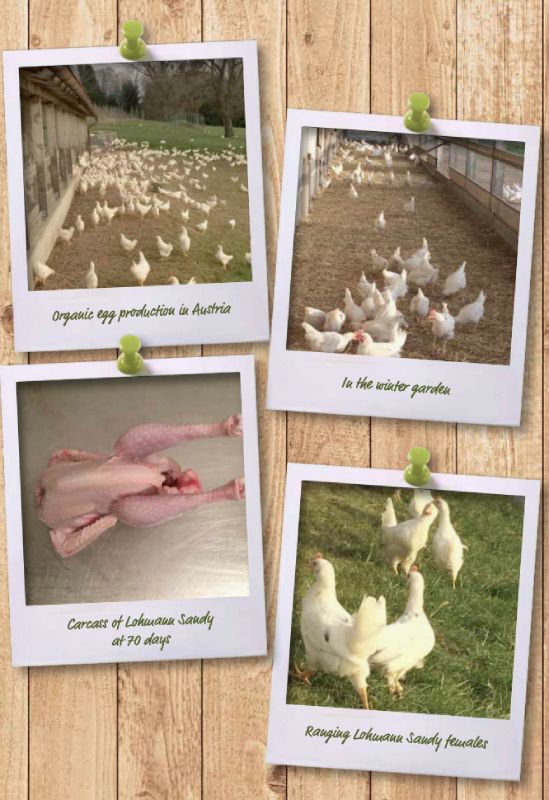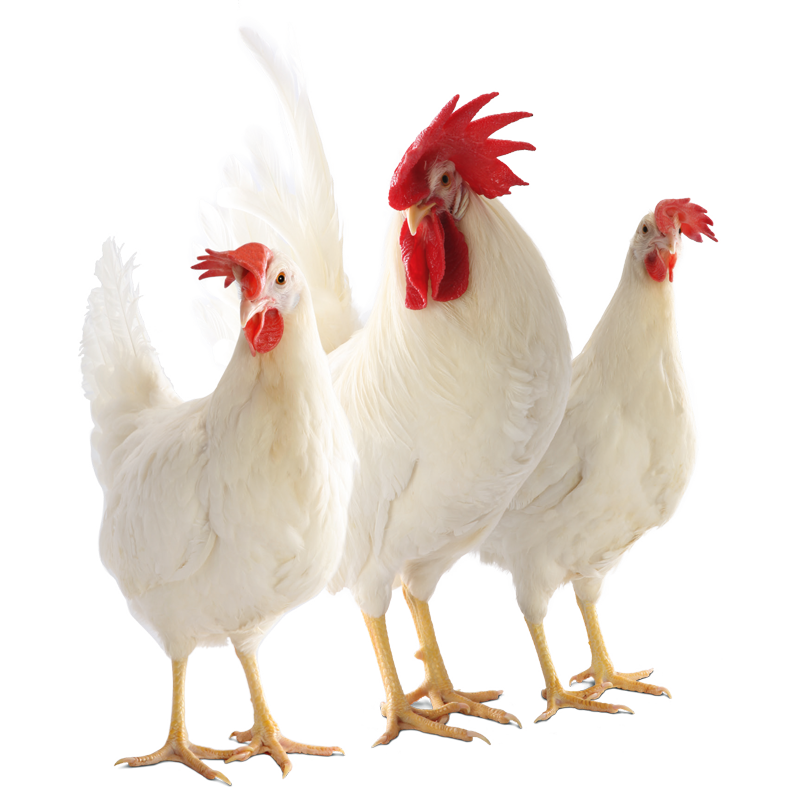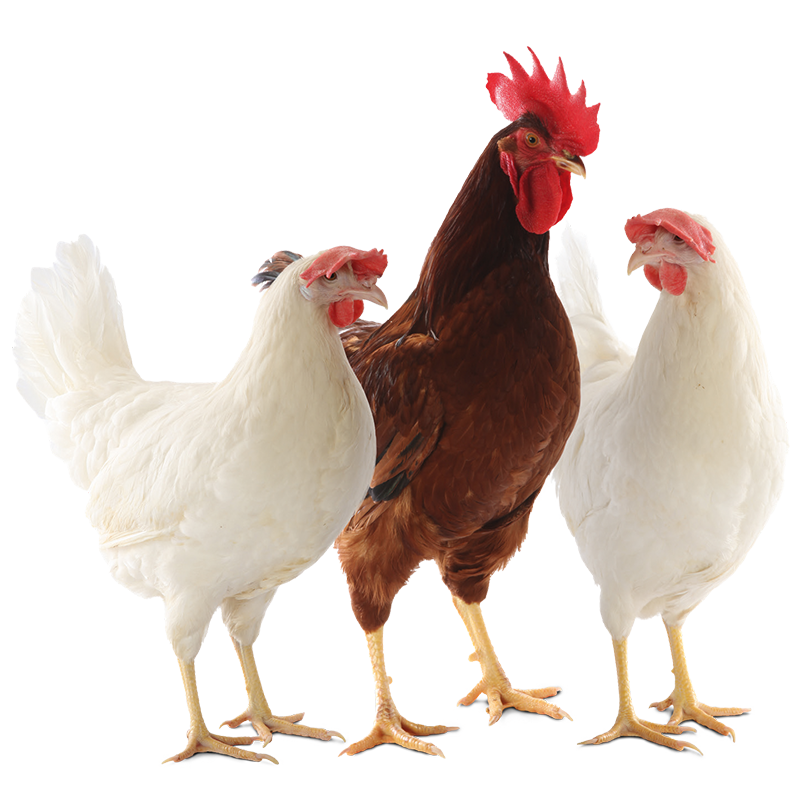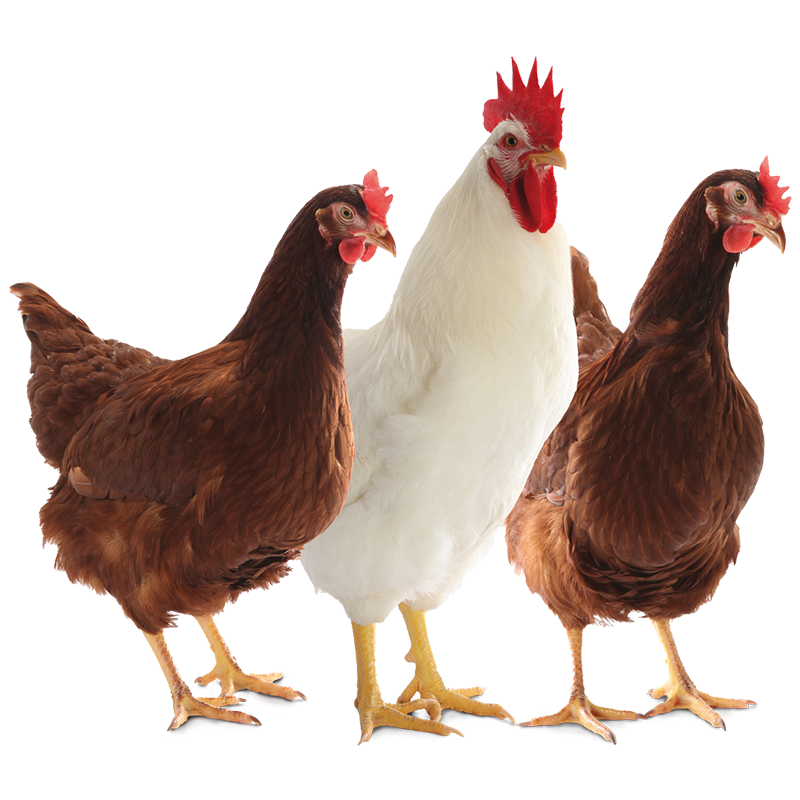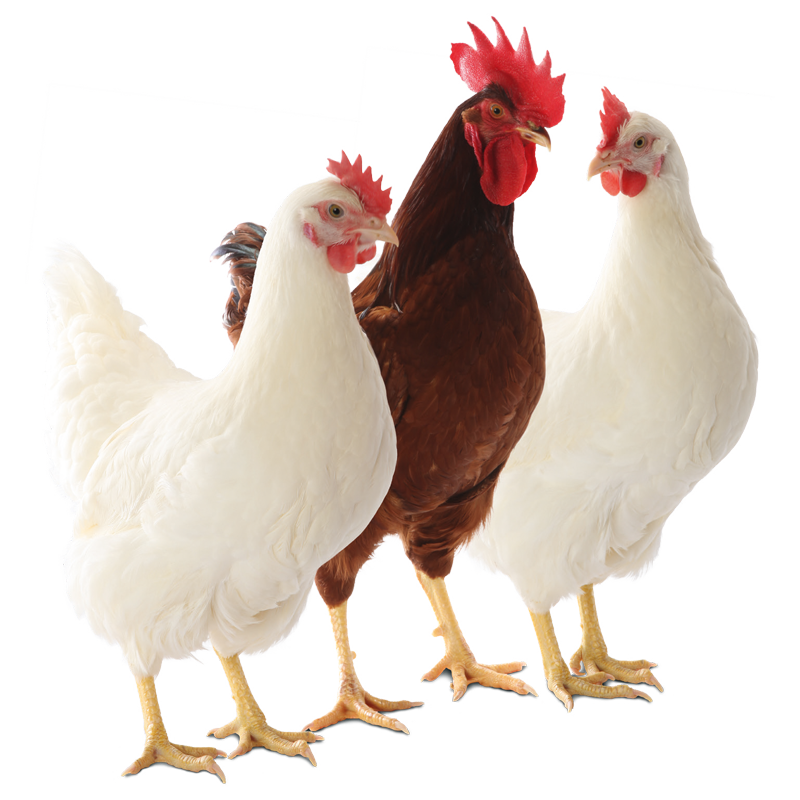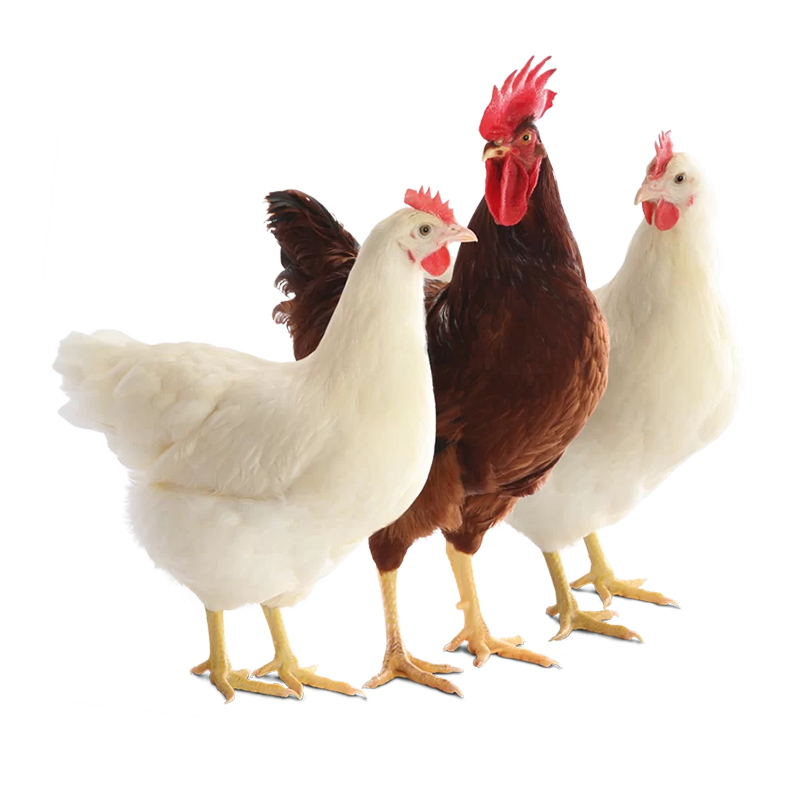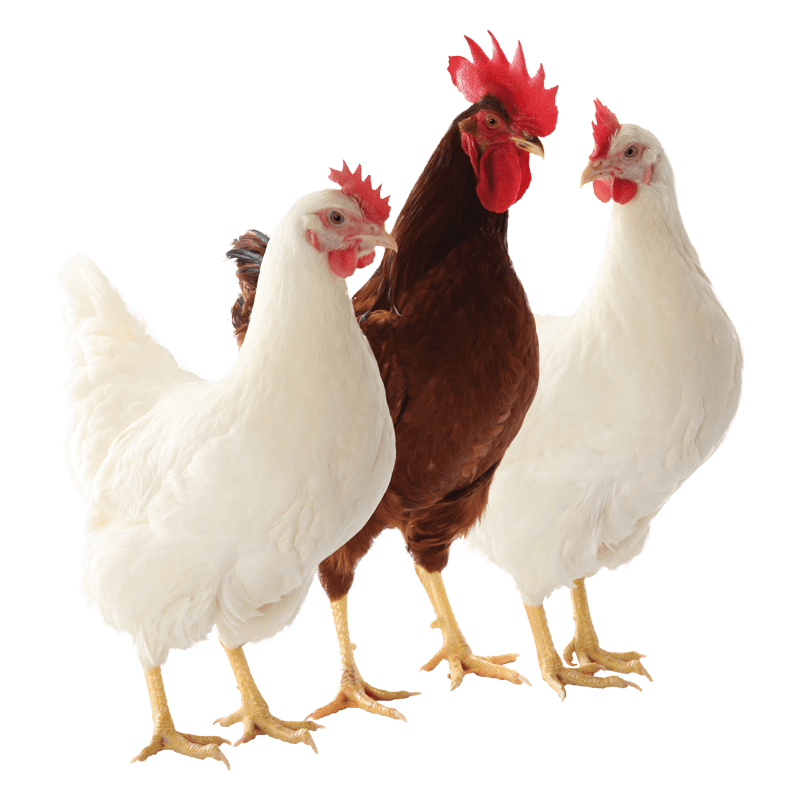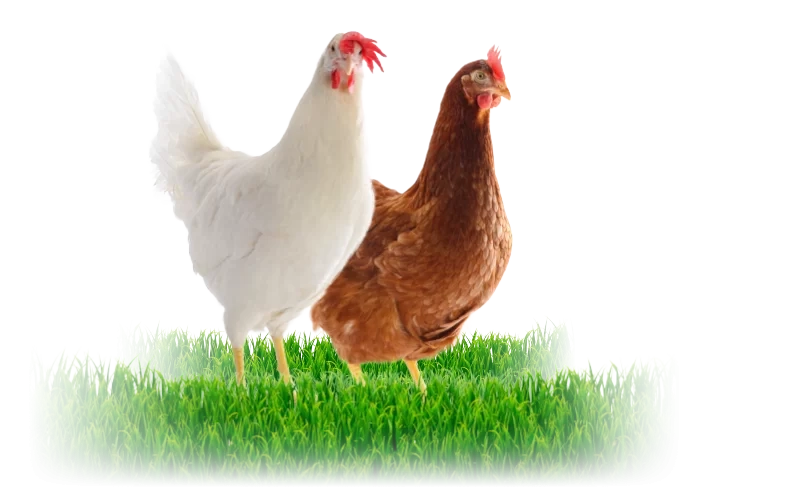Effective January 2016, day-old chicks will no longer be euthanised in the organic egg production in Austria. This is an essential move to promote consumer’s acceptance of organic eggs. LOHMANN SANDY will be mobilised to serve this purpose.
The demands for dual purpose birds is particularly high in the organic sector. even in-ovo sex determination is currently being criticised when regarded as an alternative to the euthanisation of day-old male chicks. As a solution for this, the company eiermacher in schlierbach has decided to introduce LOHMANN SANDY into the market.
Concept
The concept is a closed system. each layer farmer would purchase female day-old chicks of organic parent stocks for the production of eggs. The hatchery is obligated to fatten the corresponding brothers until they reach 70 days of age. each egg producer will already bear the costs for this fattening process when a female bird is purchased. These significant additional costs will be reimbursed with higher egg prices at a later stage. As a compensation for these additional expenses, the hatchery will organise the fattening process by building houses with a winter garden and access to free range space, slaughter the cockerels and market their meat for food.Challenge
A special challenge is the slaughter and cutting process of these birds which have a very limited deposit of lean meat. A new specialised slaughter house has to develop a machine to automatically separate the meat from the bones. The meat obtained from these birds will be mainly used for the production of poultry sausages.In dual purpose birds, focus is primarily on the amount of meat these can produce. Instead, this new and unique Austrian concept is centered on that of an egg-driven dual purpose concept. LOHMANN SANDY is characterised by excellent laying performance, high feed efficiency and a very special egg shell colour. Increase in costs for dual purpose birds is steered mainly by a much longer production cycle of hens. Therefore, one has decided to choose a genotype with a higher laying performance rate and a much lower fattening rate of cockerels.
Colour
The cream coloured eggs serve as a unique selling point and a distinguising feature for the consumers. The colour of the organic egg shell is evidence of a closed production system and maximised observation of the wellbeing of the birds. Funding for this system is covered by a higher selling price of the eggs. This concept is supported by a binding contract between the trading companies and the marketing of organic eggs. All substantial Austrian trading companies have signed this agreement and by doing so, they have secured a nationwide offer.Existing old buildings should be refurbished and used as a facility to fatten the cockerels. The total overhead for the fully integrated system is the group of producers which make a unique and pioneering step when it comes to animal welfare and sustainability
Prof. Dr. Rudolf Preisinger
